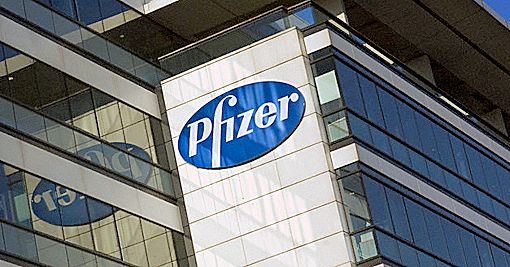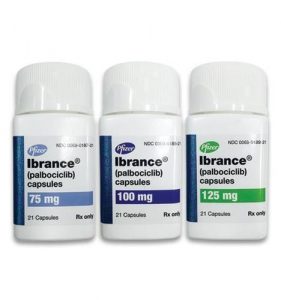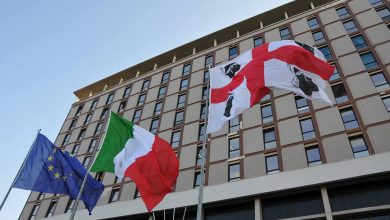
“For us, the centrality of the patient is a very important element and in the face of a very strong demand for therapy and important results, we immediately acted to guarantee it: immediately after the European approval of our new drug against metastatic breast cancer palbociclib and the inclusion in the CNN range (not negotiated) in Italy, we have made it available to hospitals in all regions at the symbolic price of 1 euro". This was highlighted by Alberto Stanzione, director of Oncology at Pfizer Italy, today in Rome at the presentation of the new therapeutic option, now reimbursable also in Italy.
 “This – explained Stanzione – has made it possible to respond to a therapeutic need at the same time as other European countries which are quicker to implement central authorisations. This has been happening for almost a year now, while since 6 January the medicine has been reimbursed normally, after the Aifa ok ".
“This – explained Stanzione – has made it possible to respond to a therapeutic need at the same time as other European countries which are quicker to implement central authorisations. This has been happening for almost a year now, while since 6 January the medicine has been reimbursed normally, after the Aifa ok ".
“I am very proud – Stanzione tells Adnkronos Salute – of having managed to get this project approved by the parent company: Italy is the only country in the world where this targeted system has been put into practice, I repeat, to satisfy the numerous requests that came to us from patients. It wasn't easy, indeed it was very complex, but at least we gained a year compared to the actual reimbursement of the drug. It is also true that Aifa is working hard to facilitate access to new therapies, we are seeing improvements and as we go on times are getting shorter: for this product it took us about 14 months, but for others also 10 months".
Pfizer, he recalled, "invests 8 billion dollars in research every year, and a substantial part is now aimed at anticancer therapies: by 2020 we aim to become one of the top three companies in the world in oncology and to triple the supply of anticancer drugs . Palbociclib is the progenitor of a new class of drugs in an area where there has been no innovation for more than ten years. The product is still being studied even in the Her 2 positive forms and for the early stages of the disease. We have the most important product portfolio for kidney cancer, which has contributed to changing the natural history of the disease in the metastatic phase. We have new therapeutic classes in lung cancer, we are working a lot in hematology, and we also see an exciting future in the field of immuno-oncology and therapeutic vaccines”.
Related news: Breast cancer, new drug in Italy





